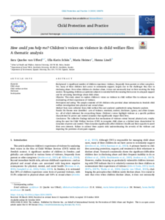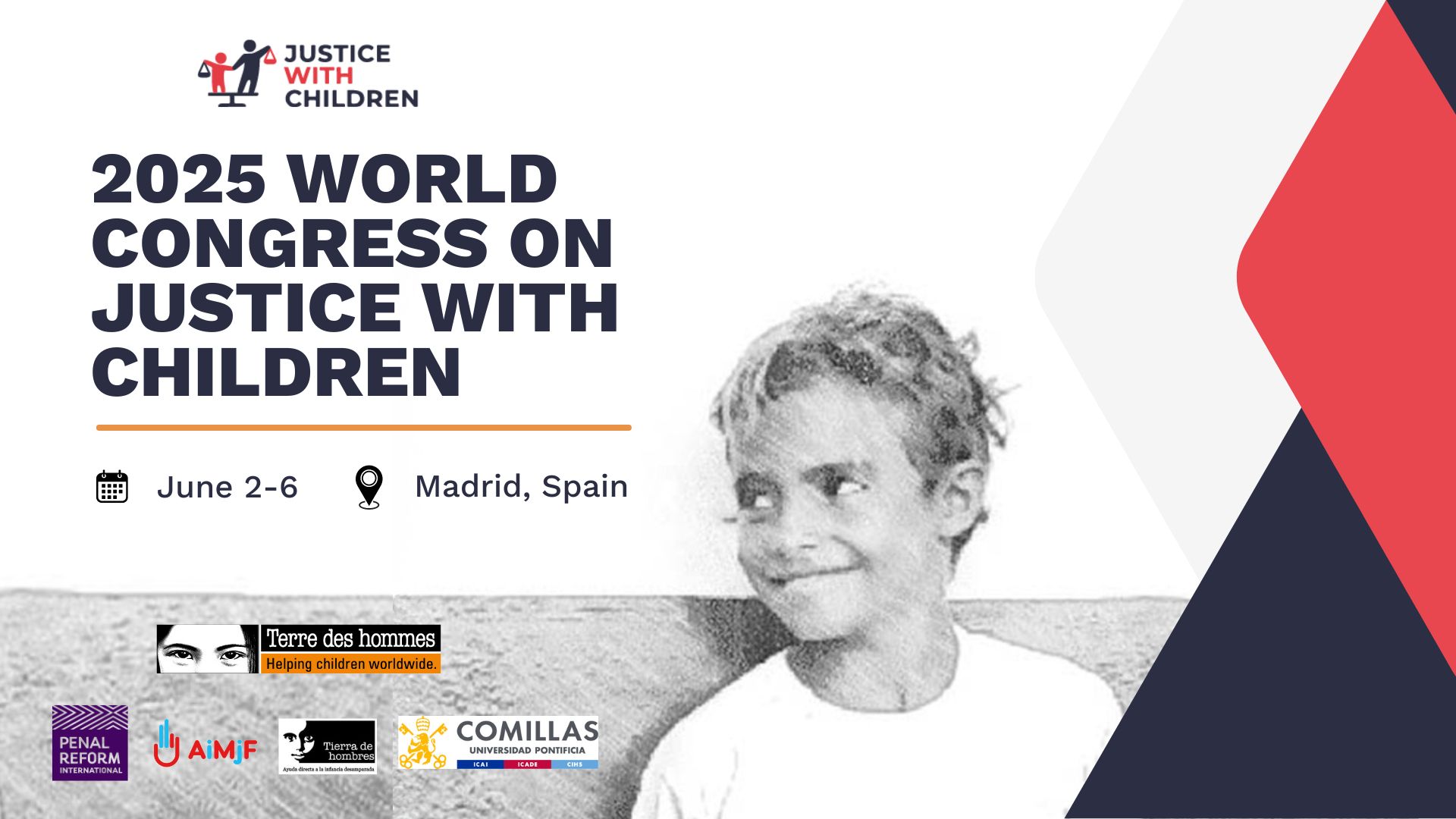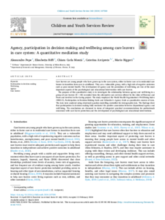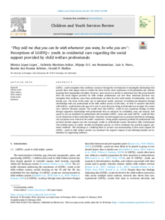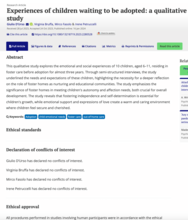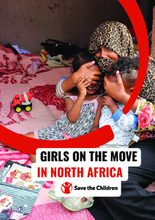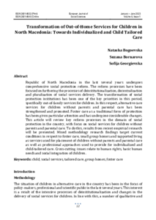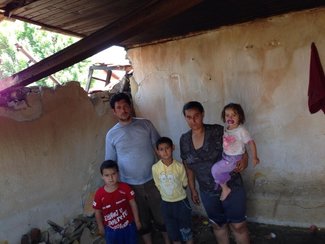

Displaying 21 - 30 of 544
Drawing from an Italian study conducted in residential care for children, the authors aim to investigate residential childcare educators' levels of compassion fatigue and work engagement, and to focus on the individual, work and organisational conditions associated.
The purpose of this quantitative study is to investigate the relationship between agency and well-being in a group of care leavers (N = 48) recruited from the alternative care services offered by the cities of Florence and Prato in Italy and involved in the Caring project.
The focus of this study was to understand youths’ processes of resilience-development through relationships with care professionals in the child welfare system. In this study, the authors held 15 narrative interviews with LGBTQ+ youth between the ages of 14 and 21 years that were living in residential care in Spain.
The aim of this research was to gain insight into the youth resilience factors promoting a successful transition to an independent life after living in alternative care in Croatia. The study was conducted using semi-structured interviews with eight young people who had experience living in alternative care and showed successful adaptation to an independent life.
This qualitative study explores the emotional and social experiences of 10 children, aged 6–11, residing in foster care in Italy before adoption for almost three years. Through semi-structured interviews, the study underlined the needs and expectations of these children, highlighting the necessity for a deeper reflection on the role of foster homes as nurturing and educational communities.
Italy and Libya signed on December 20 an agreement allowing the evacuation of 1,500 vulnerable migrants from Libya to Italy, over the next 3 years.
So far in 2023, an estimated 11,600 children made the dangerous crossing. The majority were alone or separated from their parents.
This study aims to address a gap in migration research, by developing a holistic and gender-specific understanding of the migratory patterns and experiences of girls in, through, and to North Africa. To do so, the research team employed a qualitative research approach, informed by child- and gender-sensitive practices, to collect data from girls and boys in Italy, Spain, Morocco, and Tunisia.
This article reviews the key reform processes in the domain of social protection in the the Republic of North Macedonia, with a focus on social services for children without parents and parental care.

